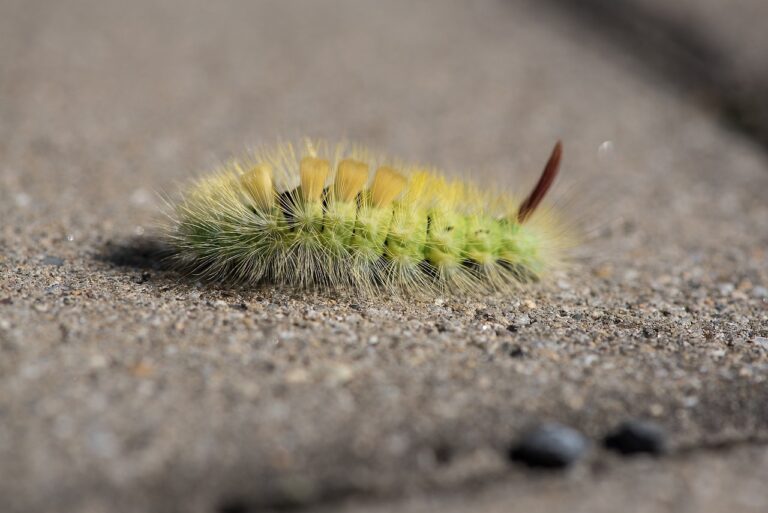Exploring the Benefits of Mindfulness Practices in Early Childhood Education
Mindfulness practices have gained increasing popularity in recent years for their ability to promote mental well-being and resilience. While often associated with adult meditation and stress reduction techniques, mindfulness can also play a crucial role in early childhood education. In this article, we will explore the numerous benefits of incorporating mindfulness practices into early childhood education settings and how they can positively impact young children’s development.
The Importance of Mindfulness in Early Childhood Education
Early childhood is a critical period for cognitive, social, and emotional development. Children are constantly absorbing information from their surroundings and forming connections in their brains that will shape their future behavior and learning abilities. Introducing mindfulness practices at this early stage can help children develop essential skills such as self-regulation, emotional intelligence, and empathy.
Benefits of Mindfulness Practices for Young Children
1. Improved Focus and Attention: Mindfulness exercises, such as deep breathing and body scans, can help young children learn how to direct their attention and focus on the present moment. This can enhance their ability to concentrate and stay engaged in learning activities.
2. Emotional Regulation: Mindfulness practices teach children to observe their thoughts and feelings without judgment. This self-awareness can help them manage difficult emotions and navigate social interactions more effectively.
3. Reduced Stress and Anxiety: By learning how to stay present and calm their minds, children can better cope with stressful situations and reduce feelings of anxiety. Mindfulness practices can provide children with valuable tools for managing their emotions and promoting overall well-being.
Implementing Mindfulness Practices in Early Childhood Education
There are various ways to incorporate mindfulness practices into early childhood education settings:
1. Mindful Breathing Exercises: Encourage children to take deep breaths and focus on their breathing patterns. This simple exercise can help center their minds and promote relaxation.
2. Yoga and Movement Activities: Introduce gentle yoga poses and movement exercises that encourage children to be aware of their bodies and movements. This can promote physical health and mindfulness simultaneously.
3. Guided Meditation: Use recorded or live guided meditations that lead children through visualizations and relaxation techniques. This can help children develop a sense of inner calm and peace.
FAQs
What age group is suitable for introducing mindfulness practices?
Mindfulness practices can be introduced to children as young as preschool age. Simple activities such as mindful breathing and movement exercises can be adapted for different age groups.
How can parents support mindfulness practices at home?
Parents can encourage mindfulness by practicing it themselves and modeling mindful behavior for their children. They can also create a calm environment at home and engage in mindfulness activities together.
Are there any potential risks associated with mindfulness practices for young children?
While mindfulness practices are generally safe and beneficial for children, it is essential to approach them with sensitivity and awareness of individual differences. Some children may find certain practices challenging or triggering, so it is important to provide options and support for all children.
In conclusion, incorporating mindfulness practices into early childhood education can have a profound impact on children’s development and well-being. By teaching young children to be present, self-aware, and compassionate, we are equipping them with valuable life skills that can benefit them now and in the future.







